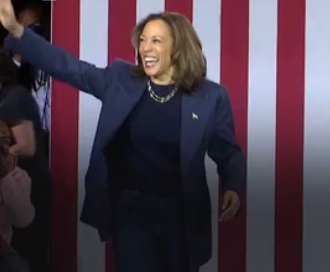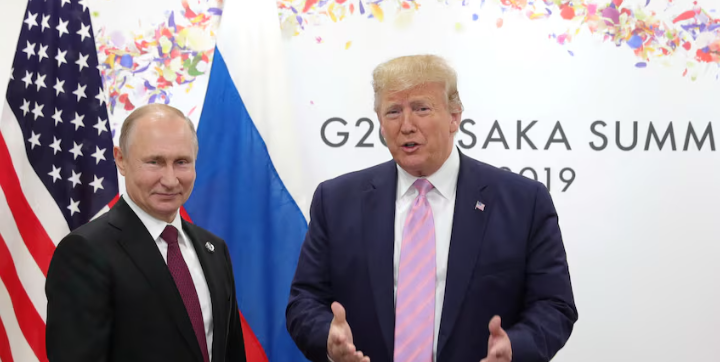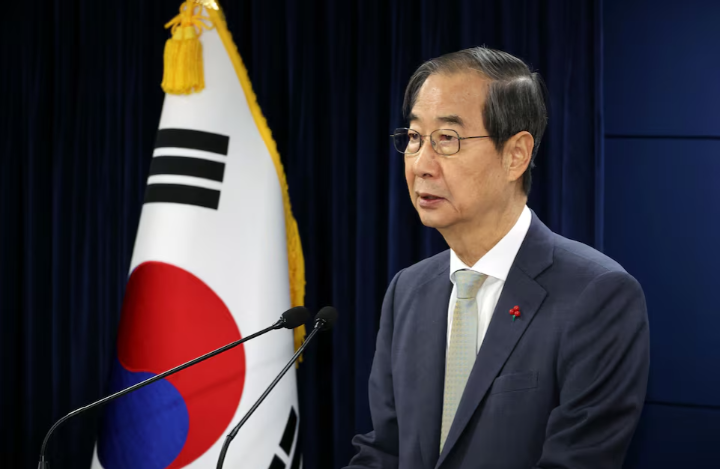The relationship between President Joe Biden, Vice President Kamala Harris, and Israel reflects a deep commitment to supporting the state, though their approaches show subtle distinctions that some argue fall short of meeting the growing calls for a more balanced U.S. policy. Biden’s long-standing dedication to Israel is widely regarded as unwavering, highlighted by robust support in terms of both financial and military aid, particularly amid the recent Gaza conflict. Biden's approach borders on an unconditional stance that has been enabling the intensification of the crisis in Gaza.
Kamala Harris, on the other hand, has taken measured steps to voice humanitarian concerns and has touched on issues like the two-state solution for Israel and Palestine. Her statements suggest an awareness of the urgent need for aid and conflict resolution, which distinguishes her from Biden’s more hardened pro-Israel position. However, her attempts are perceived as limited by various American communities, including Arab Americans, Muslims, progressives, and even many liberals, who feel that her words do not translate into the significant action they believe the Biden administration should be taking.
Harris’s balancing act starkly contrasts with former President Donald Trump’s approach, who has claimed to be a self-assigned mediator capable of resolving conflicts from his first day in office. Unlike Biden and Harris, who maintain a nuanced relationship with Israel but hold less regard for Prime Minister Benjamin Netanyahu, Trump, is driven by a political calculation that centers around Netanyahu and his influence, rather than a genuine dedication to Israel’s future.
Ultimately, Biden and Harris’s support for Israel remains steadfast, but critics question whether this support comes at the cost of prioritizing humanitarian aid and a balanced policy that could promote sustainable peace. The debate continues to reflect a broader discussion within the United States about the ethical dimensions of foreign policy and America’s role in Middle Eastern geopolitics.





